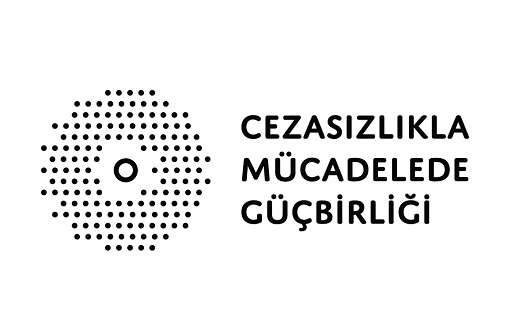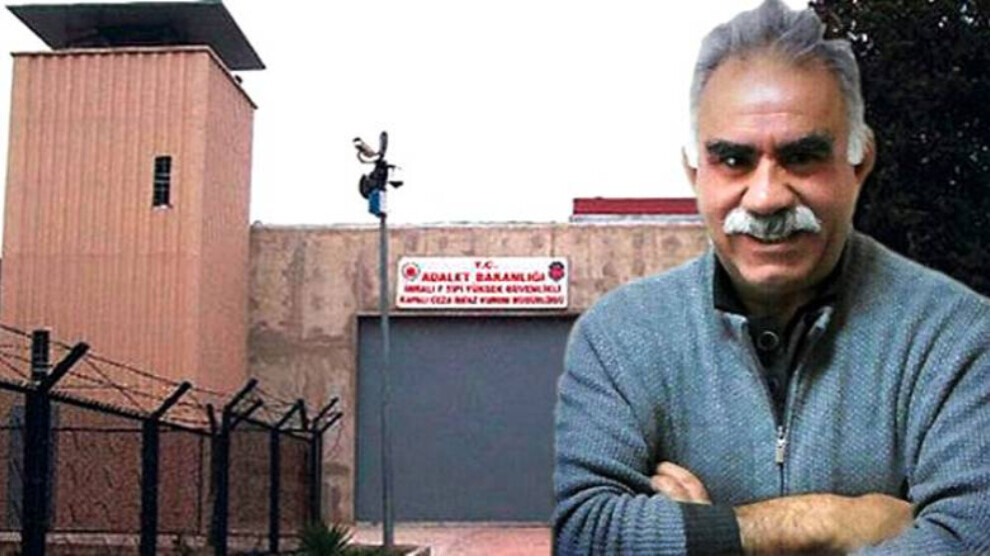
The Law Amending Law No. 7242 on the Enforcement of Sentences and Security Measures and Some Other Laws, known by the public as the “amnesty law” was precipitately adopted by the GNAT putting forth the obligation created by the COVID-19 pandemic.
This law has subsequently been the target of harsh criticism because of its content contrary to the Constitution itself and human rights. The law, which paved the way for the release of 90,000 convicted prisoners through revising the conditional release and supervised release periods, disregarded the principle of equality and the prohibition of discrimination by excluding prisoners facing the same coronavirus threat, those sentenced under the Anti-Terror Code (ATC), the Law on the National Intelligence Agency and under offenses committed against the security of the state from its scope. Despite recommendations by the Council of Europe and the United Nations and reactions from jurists, this legislation passed “unjust enforcement” into law, thereby, becoming an instrument to punish journalists, academics, lawyers, human rights defenders, politicians, trade unionists, co-mayors, and prisoners of conscience who had exercised their right to freedom of expression. While the law excluded political dissidents, the group covered by such reduction in time served in prison also points to another alarming threat.
Although the bill stated that one of the goals of the law was to prevent the perception of impunity, the chances that the human rights violations committed by public officials go with impunity was never taken into account during the drafting of the legislation and this possibility was not considered while setting forth the exception provisions either. Consequently impunity for numerous human rights violations was called forth.
Provisional Articles 6 and 9 § 6 of Law No. 7242 included particularly leaders and members of ordinary criminal organizations, also known as “mobs,” along with public officials into its scope and they were granted reductions in their conditional release periods for offenses other than “murder in the first degree and torture,” while these persons were given easy access to benefit from supervised release provisions. Impunity has thus been fully consolidated and the law now qualifies as “special amnesty” with this characteristic.
Although murder in the first degree was excluded from the scope of the law, the new enforcement regulation prescribes that those sentenced for “intentional injury resulting in death” and “reckless killing” would be eligible for a reduction in the enforcement of their sentences. This means that many law enforcement officers, who were convicted or facing conviction for violating the right to life by using unlawful force, would be freed in a short period of time.
Among those who will be eligible for reduction in their sentences are perpetrators convicted of reckless killing by using disproportionate and unlawful force during Gezi Park protests, those convicted for reckless killing in Soma and Ermenek mine disasters, Aladağ dorm fire, Çorlu and Ankara train accidents.
This law grants torturer law enforcement officers with a sort of amnesty although it excluded the offense of torture from its scope in Turkey where police officers who committed the crime of torture are usually charged with “intentional injury,” an offense that necessitates a lighter sentence.
Under the Constitution and the international human rights conventions it is a party to and by force of its obligation to protect the right to life and physical integrity, Turkey first has to regulate acts of killing, injury and torture as offenses, launch effective investigations into all cases where an individual lost her/his life due to being subjected to use of force by state officials, charge the perpetrators of such offenses and punish them with a sufficient sentence. The primary duty of the state within its obligation to protect life is to put into force a legal and administrative framework that will deliver deterrence against threats against the right to life.
This legislation putting forth reduction in the enforcement of sentences, on the other hand, terminates deterrence in terms of offenses the perpetrator(s) of which are public officials and renders guarantees for the right to life ineffective. Moreover the release of gender-based violence and abuse culprits with no protective measure taken under the name of “leave of absence” constitutes a grave threat against the right to life of women, children and persons risking violence due to their gender identities and sexual orientations. We, as the Network for Alliance against Impunity, call attention to the fact that this law further amplifies impunity by granting a sort of amnesty to those who violate rights under the cover of reduction in the enforcement of sentences and express our concerns over the fact that this state of affairs will likely create an eligible climate for further human rights violations in these recent days when thousands of violent perpetrators, notorious criminal organization leaders and public officials who led to violations of the right to life either by omission or by their willful acts are freed one by one.
Network for Alliance against Impunity
(Cezasızlıkla Mücadelede Güçbirliği Ağı)


